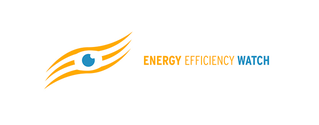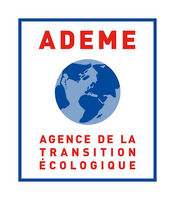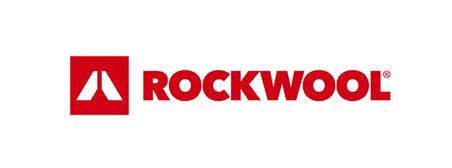Search eceee proceedings
How climate change affects the energy use for space cooling in Dutch dwellings
Panel: 4. Monitoring and evaluation for a wise, just and inclusive transition
Authors:
Vera Rovers, TNO, The Netherlands
Robin Niessink, TNO
Marijke Menkveld, TNO
Abstract
The Netherlands are not well known for high temperatures during summer. However, the country has experienced numerous hot days in the past couple of years leading to a sharp increase in the purchase of air conditioners. Recent numbers suggest that an air conditioner is already present in at least 15% of Dutch households. Information, however, is lacking to determine the actual cooling demand as well as the resulting energy use for space cooling, now and in the future. TNO has therefore started to research two aspects related to this: the change in future cooling demand due to climate change and the cooling behaviour of residents.
In cooperation with the Royal Dutch Meteorological Institute we determined an outdoor temperature profile on an hourly basis for the year 2030 and 2050. These climate scenarios were added to a physical heat balance model that calculates cooling profiles of houses. The model translates the outdoor temperature and solar irradiation to an indoor temperature and, when it rises above a certain threshold, into a cooling demand for the building. First results indicate that the cooling demand of a newly built terraced house with a set point temperature of 24 ᵒC would rise 7% in 2030 and 17% in 2050.
To translate the cooling demand into an estimate of the energy use for space cooling, the model requires information about residential cooling behaviour. In the autumn of 2021 we conducted a survey asking participants if and how they used cooling appliances, like an air conditioner or a borehole heat pump, at home. Questions included which rooms they cooled, at what time of the day and at what temperature they set the system. Households that don’t have cooling yet were asked under what conditions they would consider purchasing a cooling system. Results of the survey are currently being analysed.
Downloads
Download this presentation as pdf: 4-093-22_VeraRoovers_pres.pdf
Panels of
1. Dynamics of consumption: less is more?
2. Efficiency and beyond: innovative energy demand policies
3. Policy, finance and governance
4. Monitoring and evaluation for a wise, just and inclusive transition
5. Towards sustainable and resilient communities
6. Energy-efficient and low-carbon mobility for all
7. Policies and programmes for better buildings
8. Innovations in products, systems and building technologies



























